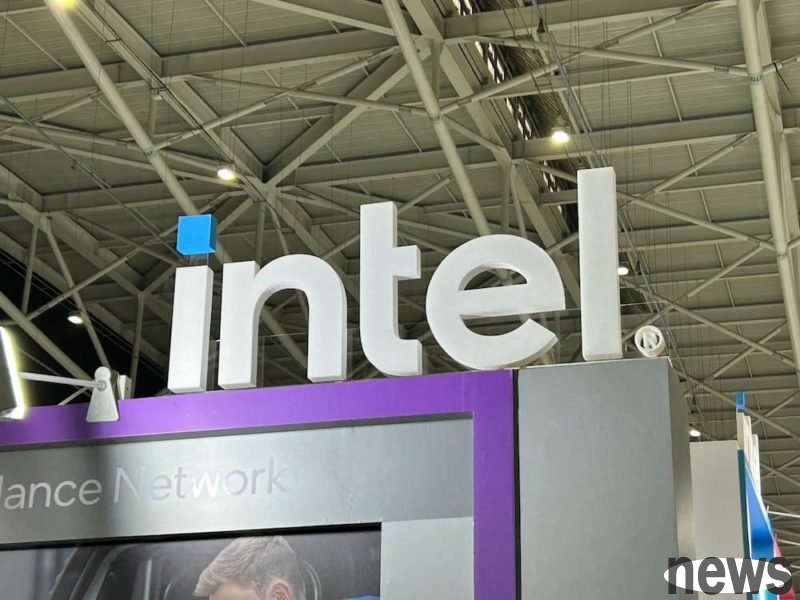The American technology community has recently experienced personnel changes in its precautionary policy. Kirill Shutemov, a senior Linux software engineer, announced his resignation on July 14 after serving as president of Intel. The news was annou...

The American technology community has recently experienced personnel changes in its precautionary policy. Kirill Shutemov, a senior Linux software engineer, announced his resignation on July 14 after serving as president of Intel. The news was announced by Kirill Shutemov himself on LinkedIn, and he looked back at his Intel career, with old and expectations for the future in the line.
According to foreign media reports, Kirill Shutemov's departure is at a time when Intel is facing continuous financial difficulties and a series of cuts. Kirill Shutemov's departure is part of Intel's more than a year-long cut, raising questions from the outside world about the development of Intel's source software and core innovation directions. This is not a single incident. In recent years, several key Linux engineers have left their jobs. This trend may affect Intel's status in the Linux field.
During the Intels period, Kirill Shutemov has always been a key figure in the core contribution of Linux. He has significant contributions in many core areas, including memory management and security features such as linear address space separation (LASS). Kirill Shutemov plays a slight role in Intel's upstream activation of Trust Domain Expansion (TDX) with the goal of enhancing the secure computing environment to ensure Intel's hardware advancement and integrates into Linux ecosystems.
Kirill Shutemov's LinkedIn data shows that he has been in the 14-year Intel career, showing a deep commitment to promoting enterprise and embedded system Linux applications. His professional knowledge of virtualization and ARM architecture and x86 innovation have made him the core of Intel's software. However, his choice to leave the job coincided with a period of intense competition and internal reorganizations, calling on the media to hint that he would leave the job. Although the reasons for Kirill Shutemov's departure have not been made public, Intel's financial difficulties, coupled with cost reduction measures and changes in operational strategies, may affect the decision.
The loss of talent like Kirill Shutemov may have a long-term impact on Intel's future promotion of its core Linux innovation capabilities in hardware customized. Competitive competitors such as Ultramicro (AMD) have continued to make progress in hardware and software integration. If Intel reduces its internal professional knowledge of Linux, it may hinder its rapid response to new technologies. At the same time, the source community that is highly rewarded by major industrial factories may also feel the continuous reaction brought about by this talent loss.
Intel worked hard through the period of storm, Kirill Shutemov, a professional with rich experience, left, and only highlighted the multiple challenges of maintaining technology-leading under financial difficulties. Whether a company can retain and attract top talents is of great importance to maintaining key software development systems such as Linux. Opening the original code community is also closely followed, hoping that Intel's contributions will not be weakened due to setbacks.